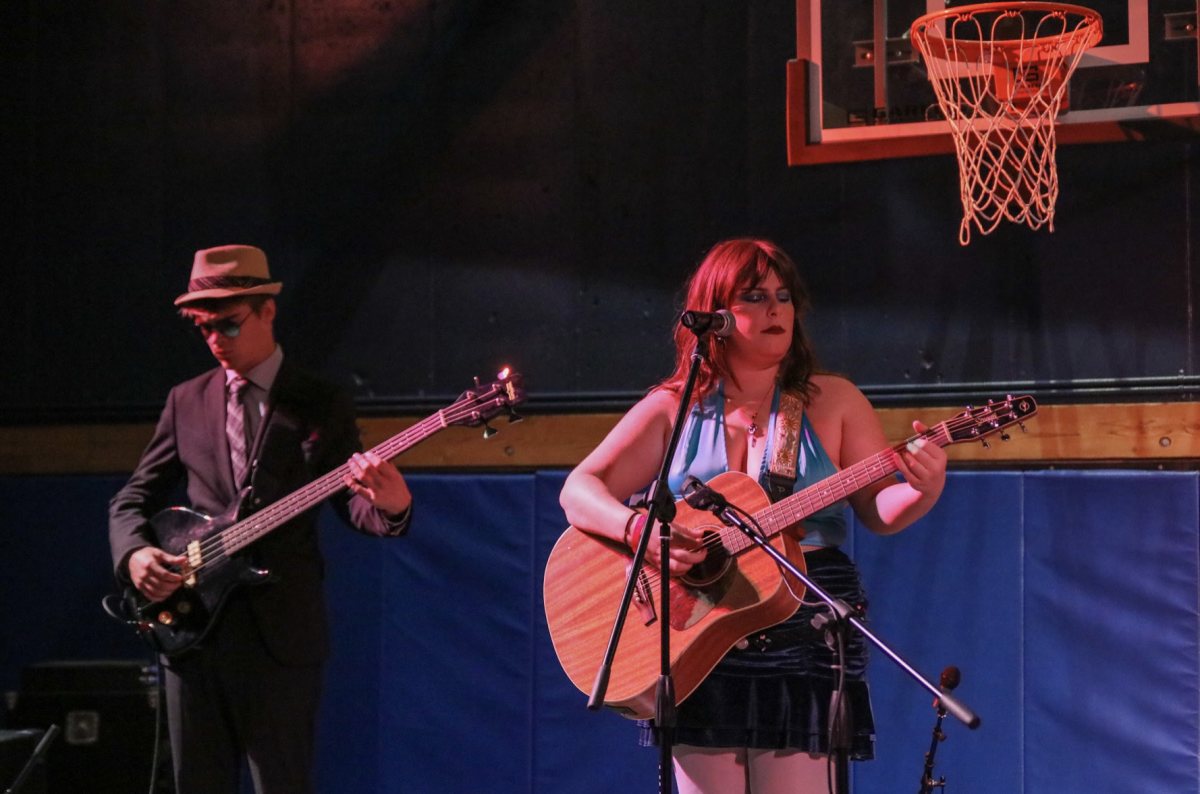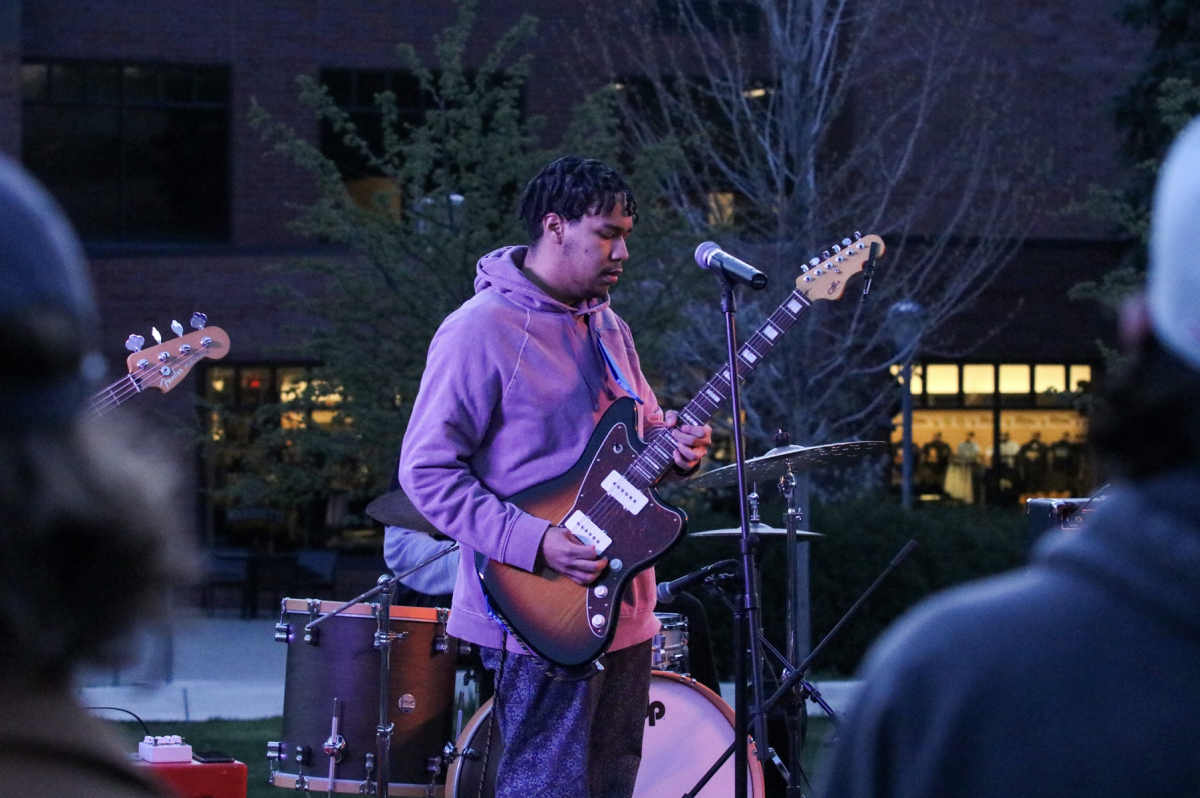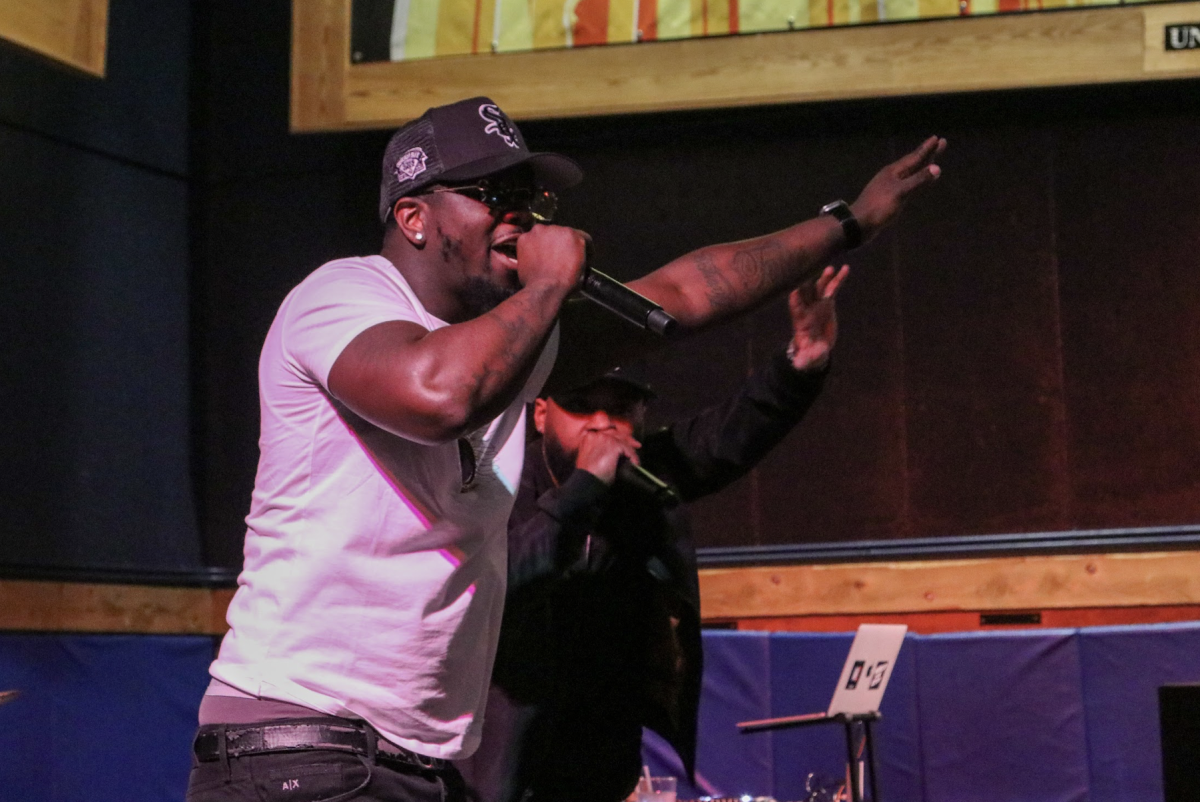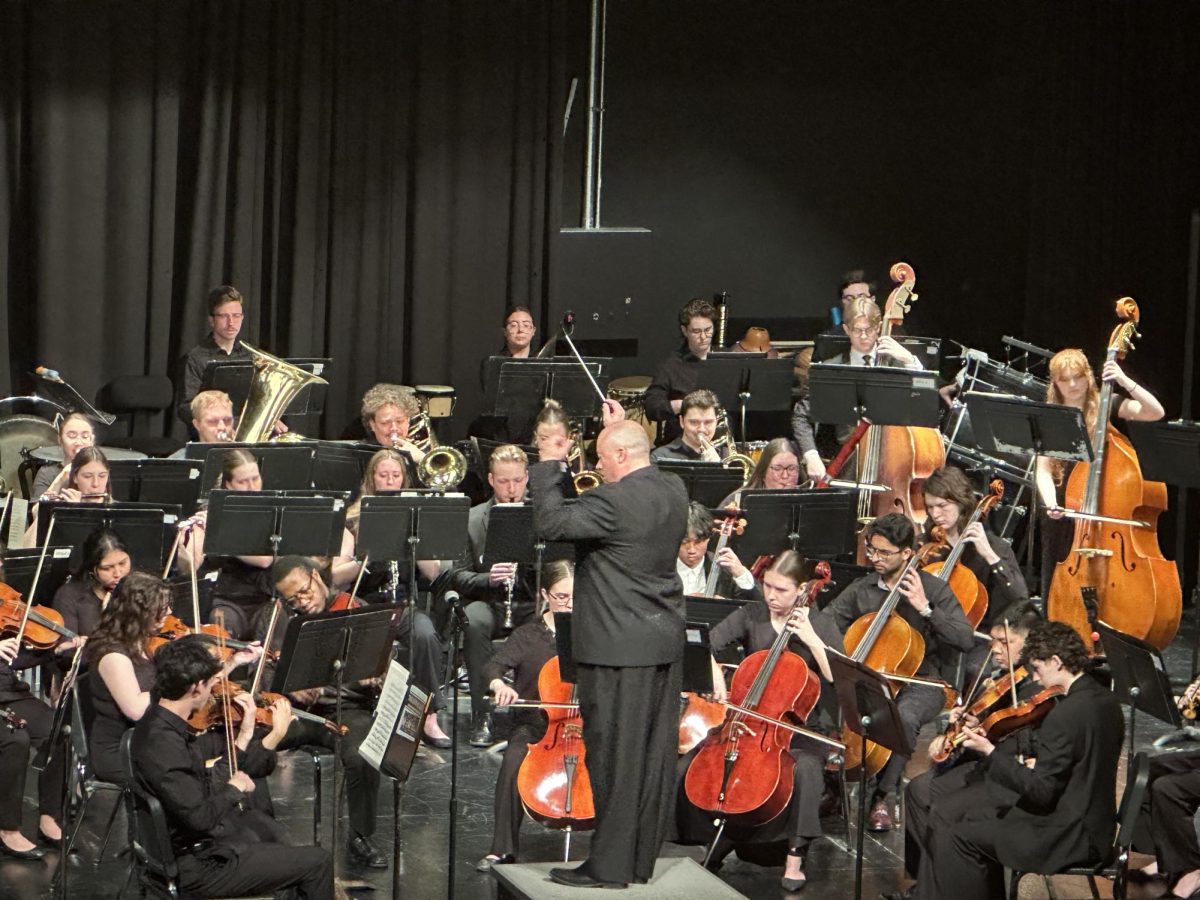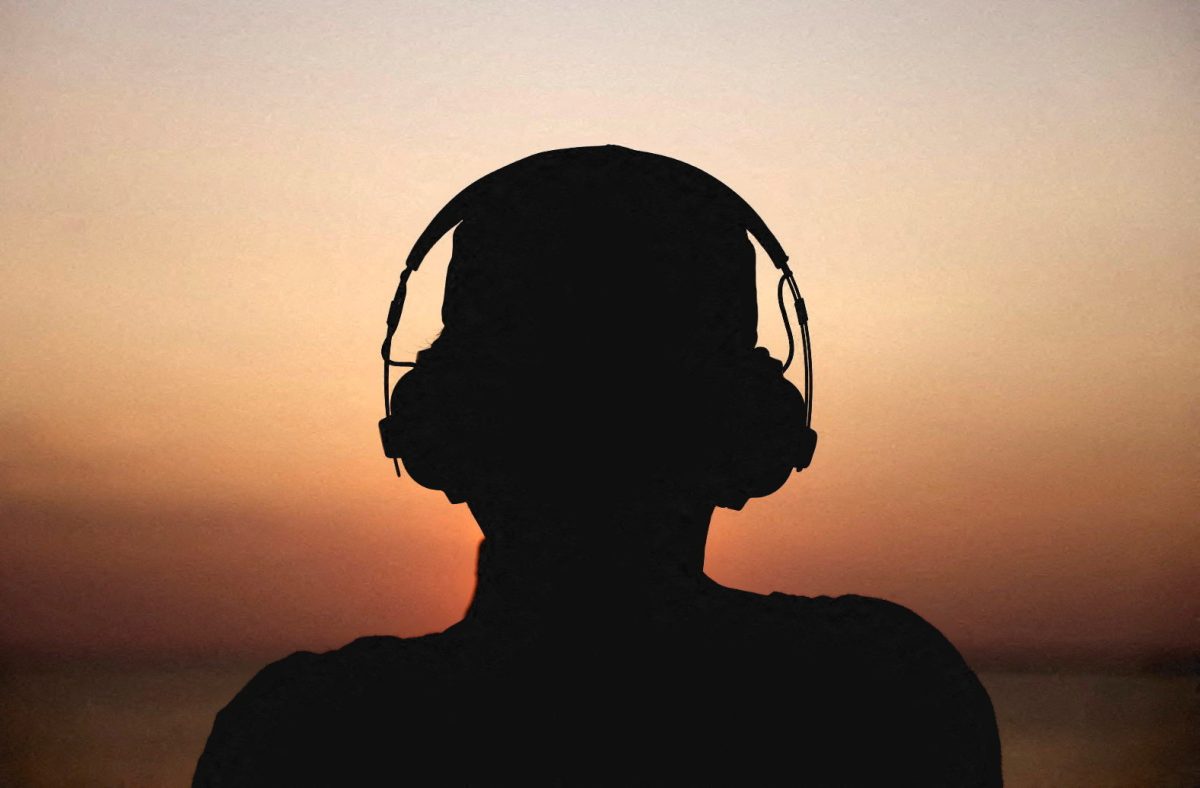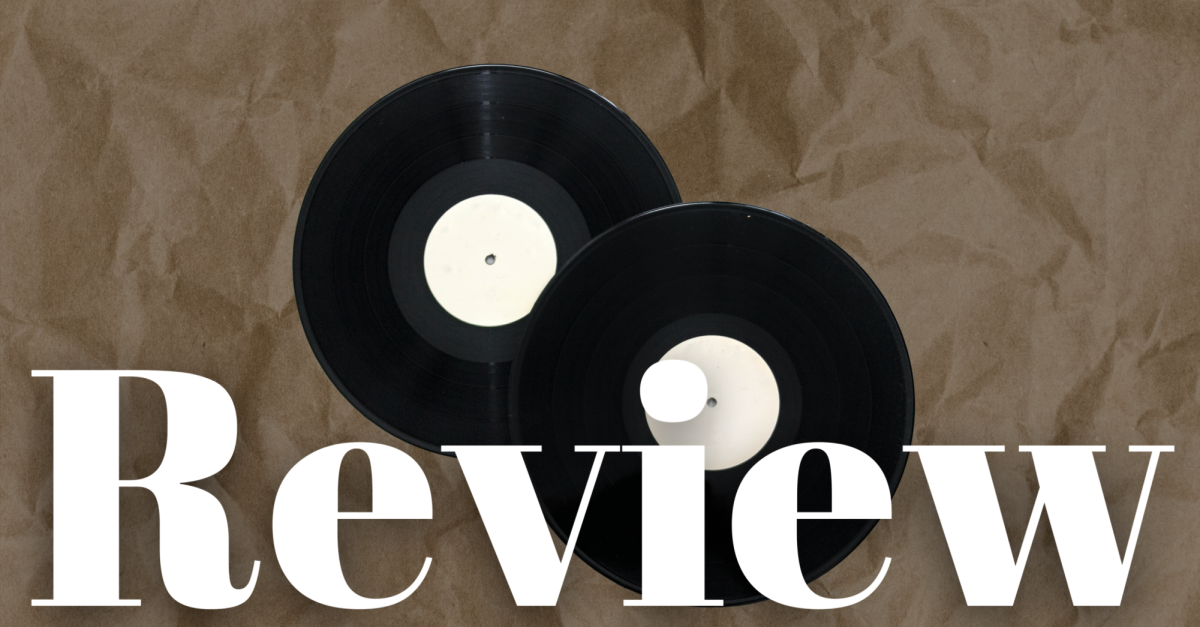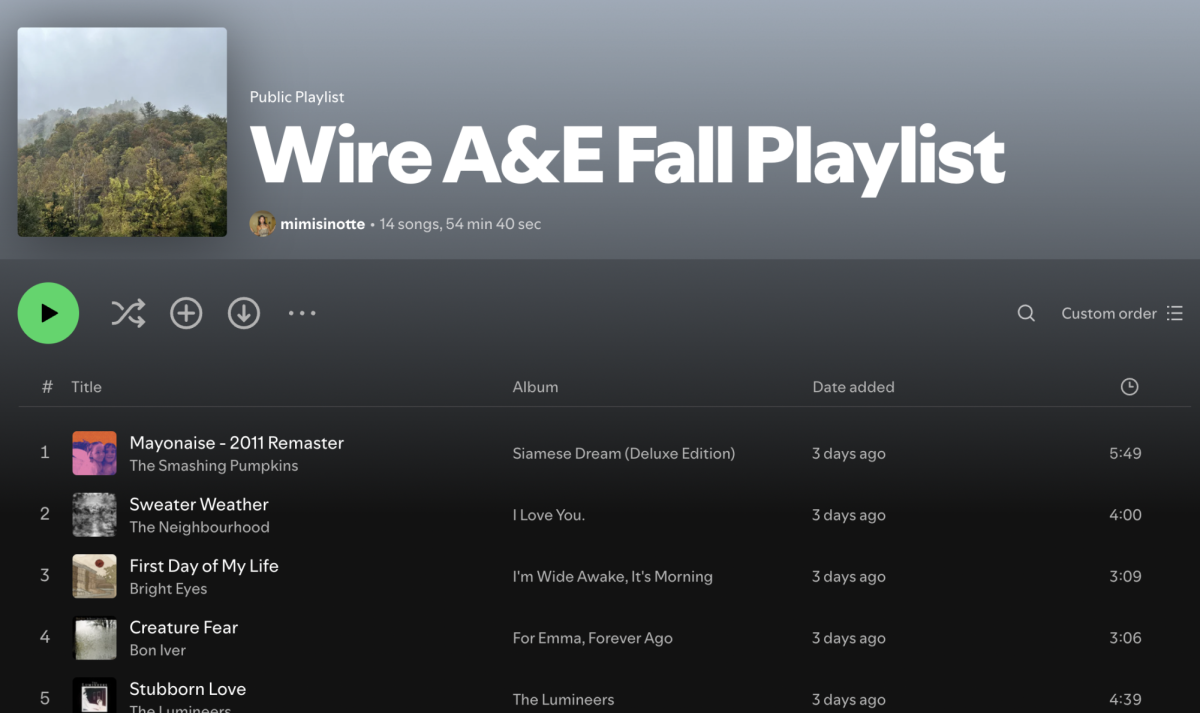As Puerto Rican singer Bad Bunny has emerged as the top global artist of 2021, reggaetón is a genre that is on the rise. Through the immense popularity of 2017 hit “Despacito” by Puerto Rican musicians Luis Fonsi and Daddy Yankee, and other recent collaborations between reggaetón artists and mainstream American singers, the genre should now be familiar to most of the American public. Of course, reggaetón has been a familiar genre to people all over the world and particularly those of Latin American descent for decades. Reggaetón had its conception in the 1980s when Jamaican workers traveled to Panama to help build the Panama Canal and reggae was adapted to the Spanish-speaking culture. In the 1990s, the genre made its way to Puerto Rico via Jamaican immigrants. Now, reggaetón is closely associated with Puerto Rico but is popular throughout Latin America and the world.
As a genre, reggaetón integrates the influences of Black culture from a variety of Latin American countries. As the name suggests, reggaetón blends reggae music with Latin American dance hall music as well as hip-hop influences. In its early days, the genre was a platform to discuss themes of the African diaspora, communities that are descended from native Africans, and the Black identity. It was a way for Afro-Latinx people to affirm their identity in a culture that often sought to distance itself from Blackness.
Reggaetón was largely shunned from mainstream society, particularly among the white population, in its early days, and a 1990s Puerto Rican anti-crime initiative even went so far as to target areas where the genre was popular, as reggaetón was considered immoral and was associated with crime, violence and hypersexuality. The genre finally became more widely accepted within the white population of Puerto Rico when it started to be associated with Latinx identity rather than just Black identity. This shift can be heard through heavier influences of traditional Latin American music.
As the genre has become more mainstream, a phenomenon termed the “blanqueamiento” has begun to distance reggaetón from its roots in Black culture. “Blanqueamiento” translates to “whitening” and refers to the movement of themes and music of reggaetón away from its original Black influences. This transition can be easily observed when comparing the lyrics and music older reggaetón music to what has been coming out recently.
In general, more recent releases feature fewer of the traditional African musical influences that were common in earlier reggaetón and sound more like mainstream pop music. For example, on the playlist below, compare Maluma’s “Mala Mía” to an older song such as “Loiza” by Tego Calderon.
The differences in the sounds of these songs can be heard through the instrumentals used, particularly the percussive elements. Themes of sex and partying have been common in reggaetón music since its inception, but the presence of lyrics about Black cultural identity has seemed to fade as the genre evolved. This “blanqueamiento” has made reggaetón more marketable to a white audience and its rise in popularity has been seen as a victory for Latinx visibility. However, to erase or neglect to discuss the origin of reggaetón in the African diaspora and Black identity is an affront to the Black creators of the genre.
The following playlist features reggaetón music from a variety of artists and from various decades. Listen in chronological order to experience the evolution of reggaetón.
1994 Sin Parar – Wiso G
2003 Loiza – Tego Calderon
2003 Aventura – Luny Tunes, Noreiga, Wisin & Yandel
2003 Quiero Bailar – Ivy Queen
2004 Quitate Tu Pa Ponerme Yo – Eddie Dee, Daddy Yankee, Gallegego, Tego Calderon, Voltio, Ivy Queen, Vico C, Zion, Lennox, Nicky Jam, Johnny Prez, Wiso G
2004 Dale Don Mas Duro – Don Omar, Héctor “El Father”, Glory
2005 Atrévete-Te-Te – Calle 13
2006 Oye Mi Canto – N.O.R.E., Daddy Yankee, Nina Sky, Gemstar, Big Mato
2010 Gasolina – Daddy Yankee
2017 Despacito – Remix – Luis Fonsi, Daddy Yankee, Justin Bieber
2018 Mi Gente – J Balvin, Willy William
2018 Mala Mía – Maluma
2020 DÁKITI – Bad Bunny, Jhay Cortez
2020 China – Anuel AA, Daddy Yankee, KAROL G, J Balvin, Ozuna
2021 Tusa – KAROL G, Nicki Minaj
This article was written by Grace Flynn. She can be reached at grace.a.flynn@marquette.edu.


